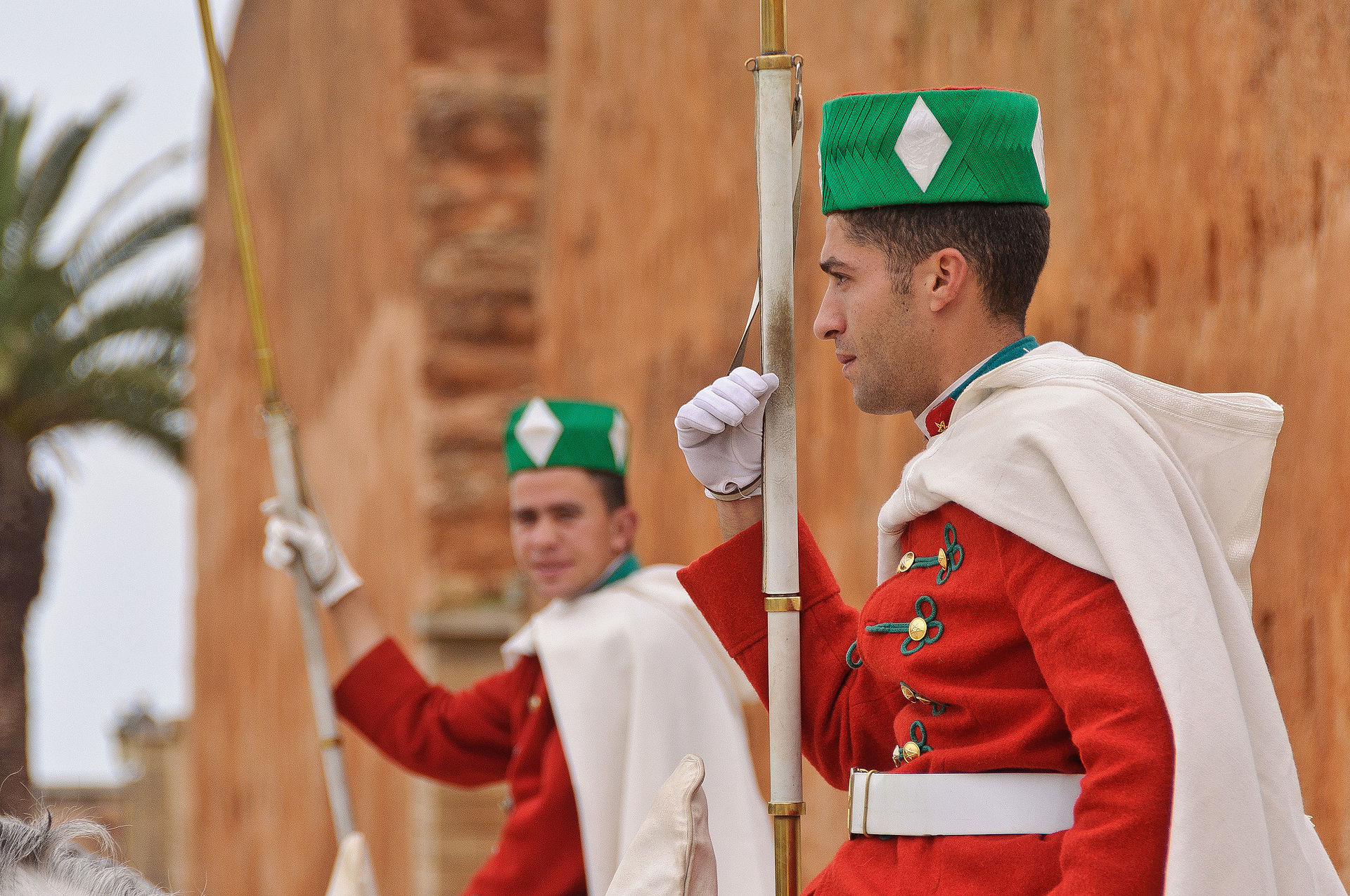In 1912 Morocco became a French protectorate under the Treaty of Fez, administered by a French Resident-General. Morocco had traditionally been ruled by a sultan. Under France’s rule, the role of the monarch was greatly reduced to that of a figurehead.
The 1940s saw a growing level of nationalism with Istiqlal, a political party aimed at bringing independence to Morocco founded.
To quell the nationalism, the French authorities asked the highly respected Sultan Mohammed V to sign a ‘pact of surrender’. The Sultan refused and on August 20th 1953, the French exiled the Sultan; first to Corsica, then to Madagascar.
The French replaced the Sultan with Mohammed Ben Aarafa. This backfired on the French as Moroccans who wanted independence and those who followed the Sultan as a religious leader, united in active opposition.
The opposition turned to armed resistance.
In November 1955, Mohammad V returned to Morocco. Receiving overwhelming support from the Moroccan people, and with rising levels of violence in Morocco and Algeria, the colonial authorities were forced to enter into negotiations with Morocco over independence.
A year later, Morocco gained its independence with Sultan Mohammad becoming King.
Revolution Day is a day for all Moroccans to commemorate the struggle of Morocco’s people and their King to liberate the country from French occupation.
